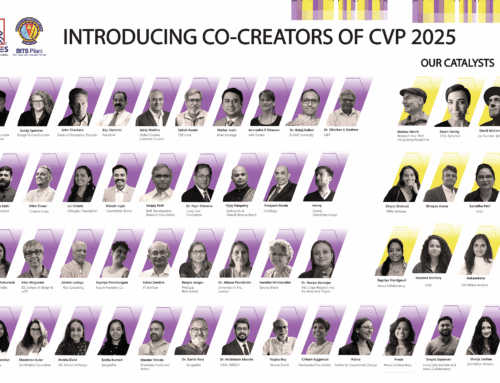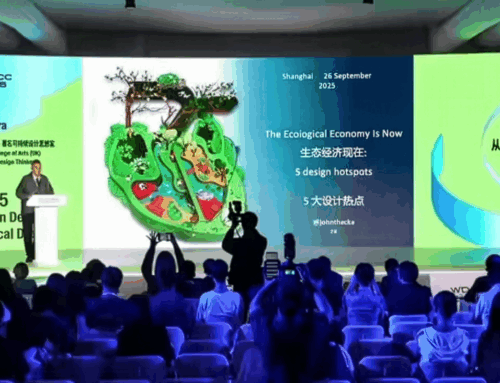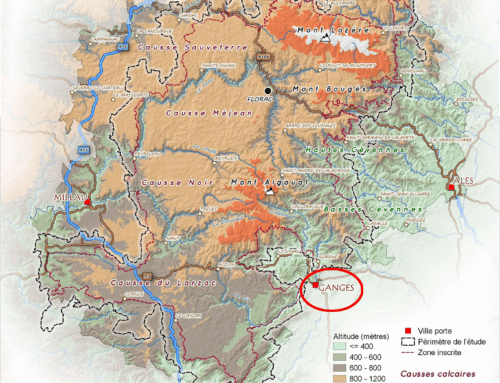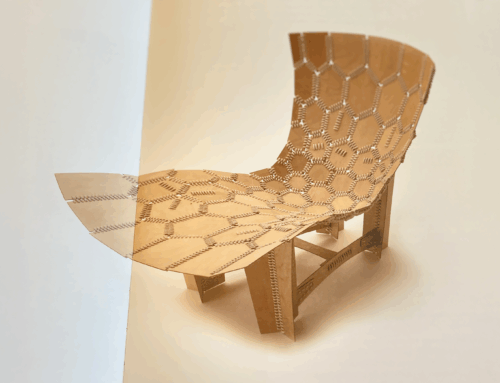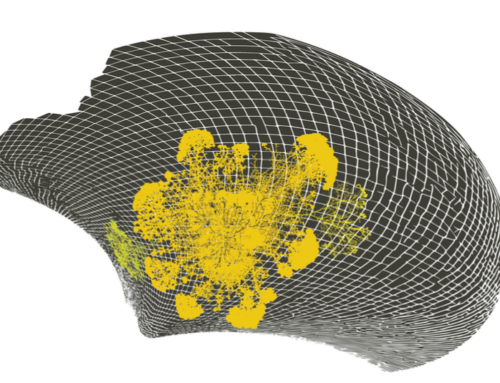Like all that soil? One of the key ideas in City Eco Lab is to make eco-systems, earth and water the basis of re-imagining the city – not “the economy”.
The lower photograph shows jonggi, or earthen jars, used in Korea to store condiments and kimchi pickles. The image introduces a statement about food storage that Debra Solomon has published at culibog.org by way of a preview of her participation in City Eco Lab, at the Cité du Design Biënale in Saint-Étienne which runs from 15-30 November. (The full November Doors of Perception Report is here).
(Together with chef Paul Freestone, Debra will be pickling, sauerchocrouting and making delicious kimchi as one part of her installation in the food area of the event).
I love this image because it answers, for me at least, a central question posed by City Eco Lab (which is, after all, the main event in a national design biennial). If a sustainable life is to be less about stuff, and more about people – with few new buildings and products being made – what is there left for designers and artists to do?
A big part of the answer is to seek out daily life solutions that already exist – such as the collaborative, low-energy food storage solution shown in the photograph – and then to adapt and improve them for new contexts.
We can discuss that further if you make it to the event – or via this blog.
For now, here is a summary of the encounters and presentations that will run in City Eco Lab during its two-week run. This list will evolve day-by-day and announcements posted on the City Eco Lab blog. (The blog will come properly to life life just before the opening).
VELO WALAS
Avinash Kumar on the story behind velowala.org, a media installation made by a team in Delhi that brings the bike-based commerce of the streets of India alive – in St Etienne. (Saturday 15/11)
ECOSOFT; WORLDCHANGING
New economic models, complementary currencies, local economy trading schemes, alternative trade networks, community supported agriculture: Bethany Koby & Ellie Thornhill talk about their shop-within-a-shop for eco-software. They are followed later that day by special guest Alex Steffen, editor of Worldchanging. (Sunday 16/11)
DESIGN IMPERATIVES; ENERGY
Allan Chochinov, editor in chief of Core77.com, gives a keynote on “design imperatives”. Later, a worskhop on design and energy wil discuss: can design help us choose among the growing number of green energy offers ? (Tuesday 18/11)
COMPOSTING; DE-MOTORISATION; MANZINI
Clare Brass + Flora Bowden from SEED Foundation talk about neighbourhood-level composting services. Later there’s a design clinic : Design for mobiliy, or de-motorisation? There follows a special keynote by Ezio Manzini on “design strategies for the small, local, open and connected”. Oh yes, and the French edition of In The Bubble is launched at 18h. (Wednesday 19/11)
OPEN SYSTEMS AND INFORMAL TECHNOLOGY
A sustainable world will be densely networked – but not by closed, proprietary neworks. Juha Huuskonen (Pixelache, Piksel, Pixelvärk, Afropixel, Pikslaverk, PixelAzo) and Jean-Noel Montagne (CrasLabs, Paris) discuss how self organisation and technological autarchy will be crucial in the coming years. (Thursday 20/11)
KIMCHI AND THE CITY; EDIBLE GARDENS IN LYON’S BROWNFIELD SITES
Emanual Louisgrand talks about l’Ilot d’Amaranthes – his gardens on brownfield sites in Lyon. Later, a design clinic on Food and the City features Matthieu Benoît-Gonin (Jardinethic) ; Debra Solomon, (culiblog.org); and François Jégou (solutioning.net). (Friday 21/11)
DESIGNING SUSTAINABILITY EVENTS
Doors of Perception lunchtime discussion. If you are serious about hoping to do a similar event in your own region to City Eco Lab (or Dott 07), Doors cannot fund it, but we can help with the strategy and process. (Saturday 22/11)
RE-LOCALISATION AND SMALL BUSINESSES
Design clinic for and with local companies.(Monday 24/11)
NURTURING A REGION’S HARD AND SOFT RESOURCES
How to find, document and enable eco-materials – and human savoir faire (Tuesday 25/11)
WATER AND THE CITY; SUDS
Re-connecting a city with its natural systems, including projects for St Etienne’s River Furan. Plus a design clinic on sustainable urban drainage systems (SUDS). (Wednesday 26/11)
MAPS OF THE FUTURE
Pirjo Haikola from the Why Factory (NL) a research institute on the future city founded by Winy Maas and MVRDV, shows how maps are used in rethinking, researching, reshaping and enhancing images of future urban life. (Thursday 27/11)
SO WHAT EXACTLY IS AN ECO NEIGHBOURHOOD?
Citizens and designers involved in one of St Etienne’s “eco quartiers” (eco neighbourhoods) will discuss what functions make a place eco – or not – and how to measure their performance. (Thursday 27/11)
LESSONS OF CANTEEN 80KM
The City Eco Lab restaurant serves food sourced within a 80km radius – the maximum distance food may travel in France without being refrigerated (Friday 28/11).



